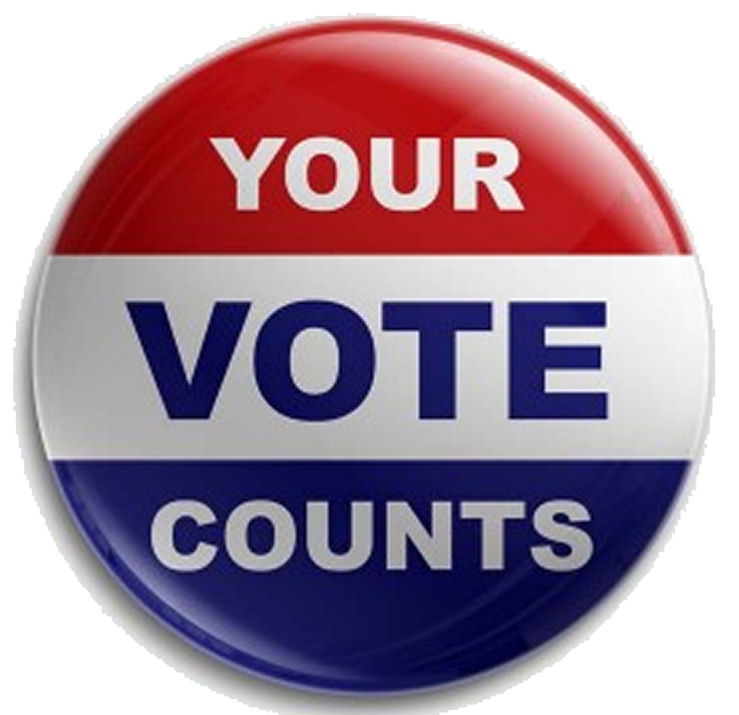Opinion | America’s Problem with Voter Ethics
This article was originally published in State of the Glewnion.
To the Bernie Sanders supporters who did not vote for Hillary Clinton in 2016: you are responsible for the confirmation of a misogynistic, belligerent, entitled, hard-line conservative, serial sexual abuser to the nation’s highest court. Brett Kavanaugh is your doing.
Following the 2016 election, I urged my fellow Clinton supporters not to attack those who either cast a vote for a third party or decided not to vote at all. The way I saw it, our time would be better spent learning from Clinton’s loss and altering our approach such that liberals win in future elections. I still believe that approach will be more effective in the long run. It’s far more pragmatic to alter the Democrats’ campaign tactics than to attempt to change the voting habits of an entire demographic.
But today, as a second abuser of women takes his seat on the highest court in the land, I feel it’s time to recognize that the so-called Bernie-or-Busters played a massive role in the election of Donald Trump and, by extension, the destructive politics that has engulfed Washington in the two years since.
In my 2017 analysis of election polling, I learned that Trump won Pennsylvania, Michigan and Wisconsin in 2016 by 68,941 votes, 11,612 votes, and 22,748 votes, respectively. By contrast, libertarian Gary Johnson and the Green Party’s Jill Stein won a combined 195,986, 223,599, and 137,746 votes, respectively. That means that, in each of the three usually-blue states that carried Trump to the White House, third parties received over a hundred thousand more votes than the margin between the two major candidates. If even a fraction of third-party voters in each state had instead voted for Clinton, Donald Trump would not have won the election, and he would not have been able to appoint Kavanaugh and Gorsuch to cement a conservative majority on the Supreme Court.
I do empathize with these voters. Conversations with Bernie-loving friends over the past two years have helped me understand how infuriating it must have been to be forced to choose between two candidates whom they considered equally unfit for office, and how that perspective could have led them to cast a so-called “protest vote” for Johnson or Stein. The problem is that, in today’s American political system, third-party candidates have absolutely no chance of winning the presidency. A “protest vote” is really just a vote wasted.
What I find truly deplorable, though, is the decision not to vote at all. I’ve heard many argue that all American citizens have a moral obligation to vote because the Constitution guarantees them that right. I disagree. I believe Americans have a moral obligation to go to the polls because they can use their vote to help those in need.
Every vote, cast or not cast, for any candidate, in any election, can influence policy that has lasting impact on countless Americans. If you choose not to vote, you are leaving the fate of women, Latinos, Muslims, African Americans, the LGBTQIA+ community, and other oppressed groups up to chance. More importantly, you are making a conscious decision not to use your Constitution-given power to help those people.
There is exactly one ethical way to cast your vote: support candidates whose policies will promote, in the words of utilitarian philosopher Jeremy Bentham, “the greatest good for the greatest number [of people].”
There is no instant cure for America’s voting problem. The scores of non-voters, single-issue voters, and third-party voters will not learn overnight, if ever, to be more conscientious in their approach to the electoral process. Nevertheless, I think it is important to understand and broadcast the fact that Trump’s win is the direct result of a widespread lapse in voter ethics. Especially with the midterms coming up, Americans need to realize that misusing their precious right to vote can have disastrous consequences.

After writing for The Banner as a junior, Duncan Glew '19 is excited to be co-managing The Banner this year with fellow senior Hannah Triester. Outside...



David Walalck • Oct 25, 2018 at 11:20 am
Look, I’ll be honest. I’ve got a few questions,
What do you mean by “you are responsible for the confirmation of a misogynistic, belligerent, entitled, hard-line conservative, serial sexual abuser”? A lot of people didn’t vote for Hillary because she BROKE THE LAW. She deleted 30,000 emails illegally, and didn’t do her job as secretary of state to help the Americans in Benghazi. You can’t blame people who voted for a socialist, which is also bad, I agree, people shouldn’t vote for bernie, but they shouldn’t vote for hillary either. Vote independent, Conservative, or for a different Democrat.
Also, there’s no proof that
1 – He is misogynistic
2 – He is a serial sexual abuser, that’s completely just false.